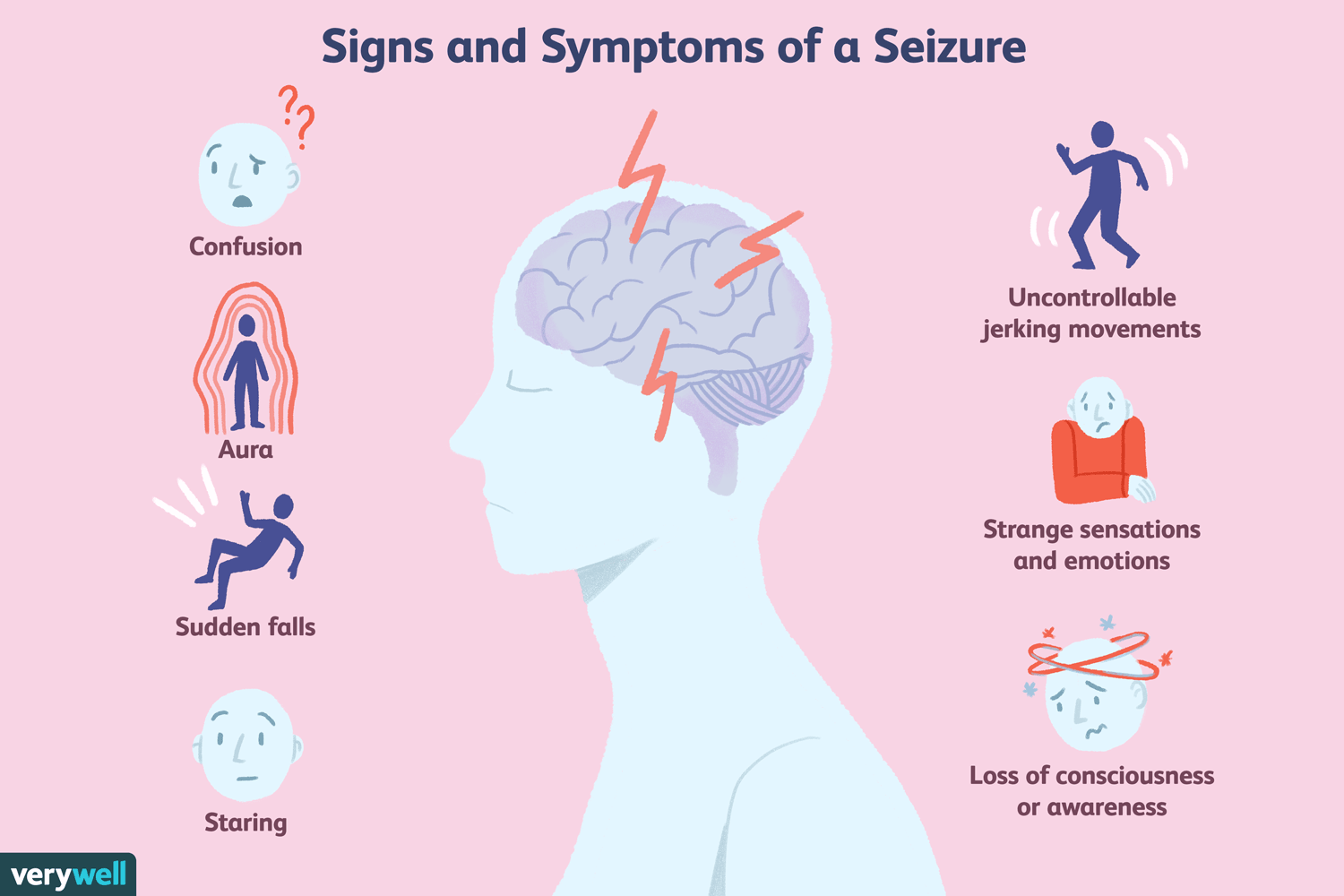- Occasionally, epilepsy can be caused by Damage to the Brain, such as Damage from:
- Stroke
- Brain Tumour
- Severe Head Injury
- Drug Abuse/Alcohol Misuse
- Brain Infection
- Lack of Oxygen during Birth
- Metabolic Imbalance
Epilepsy
Personalised Formal programs with Combined counselling that helps you in the treatment process of the Epilepsy.

